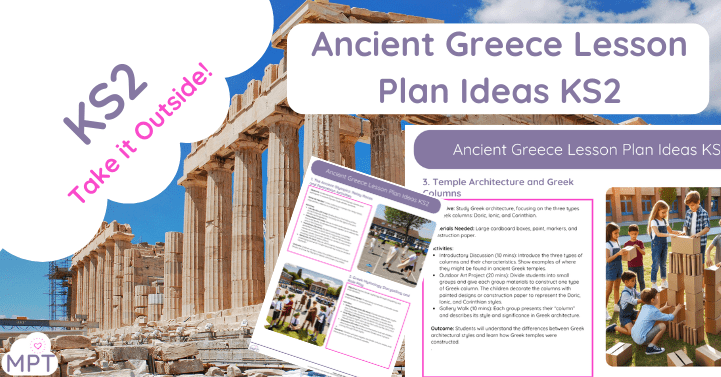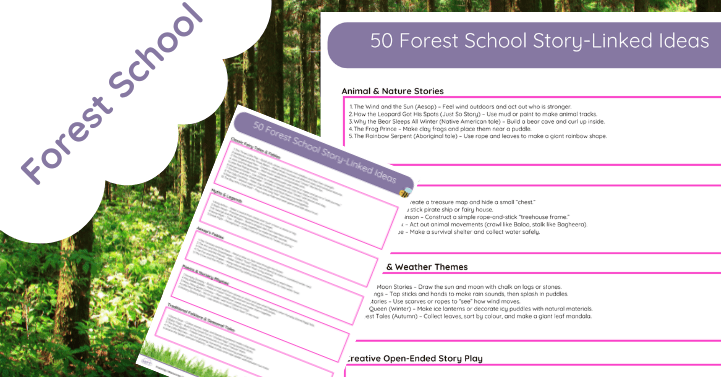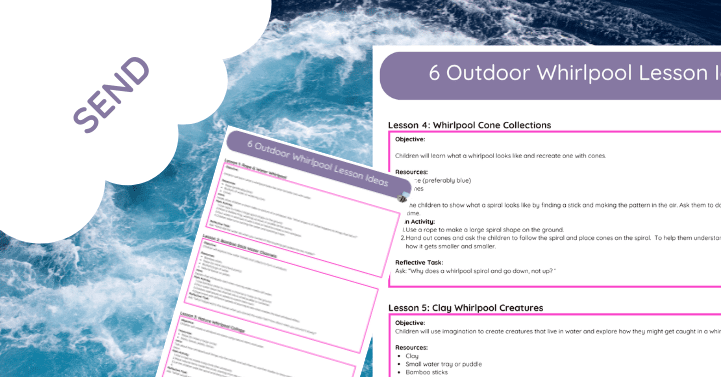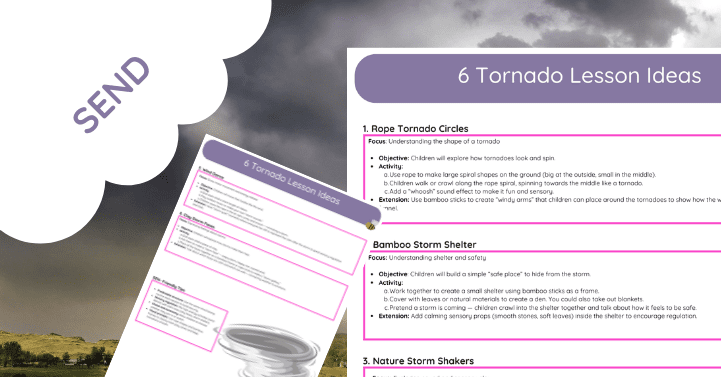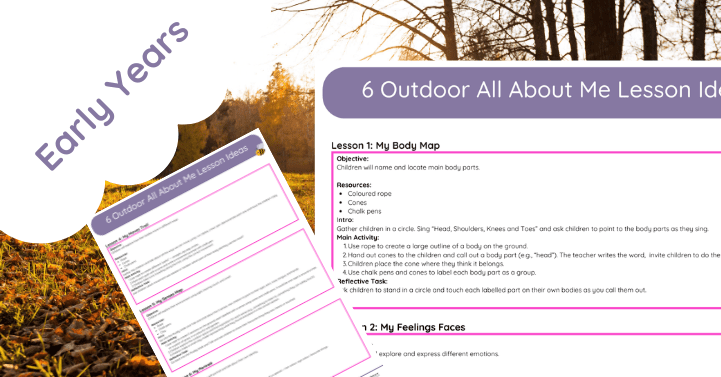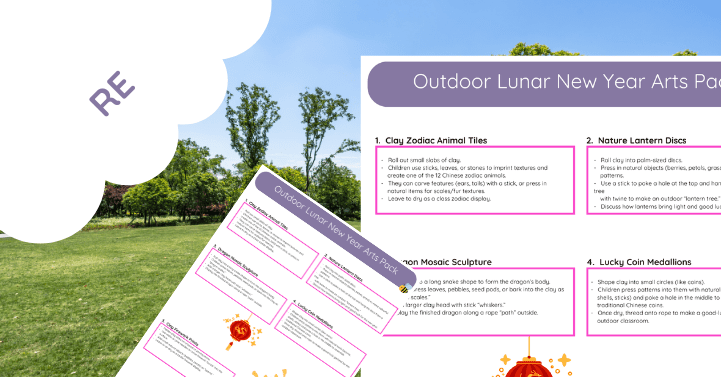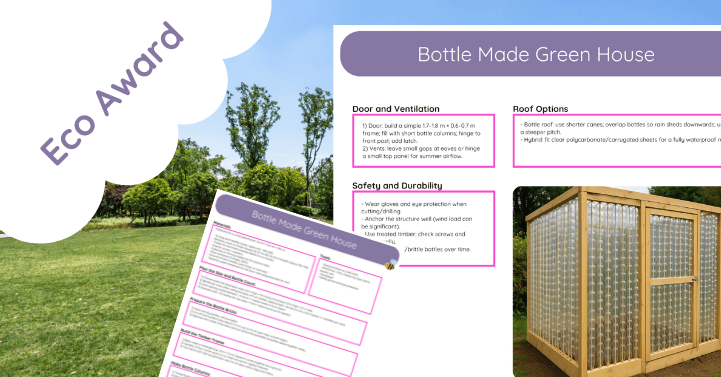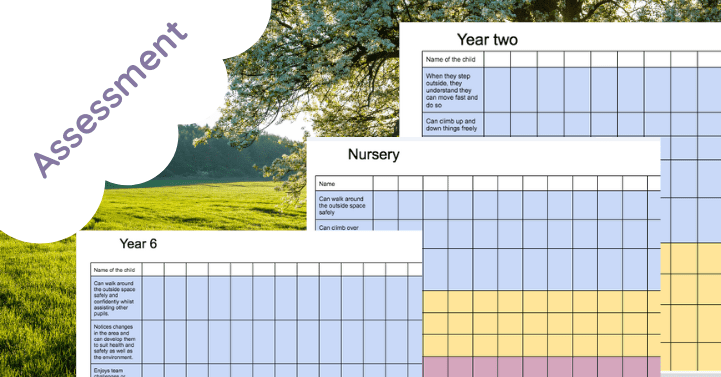Ancient Greece Outdoor Lesson Plan
Take your students on an unforgettable journey back in time with the Ancient Greece Outdoor Lesson Plan! This immersive educational experience brings the world of Ancient Greece to life with hands-on, interactive activities that spark curiosity and a love for history. Designed for educators seeking a unique, engaging way to explore Ancient Greek civilization, this lesson plan combines history, mythology, art, and physical activities, all set in an outdoor environment that stimulates learning through exploration and play.
Key Features:
- Interactive Activities: Students will explore ancient Greek culture with activities such as pottery making, writing the Greek alphabet, and storytelling inspired by Greek mythology.
- Games and Competitions: Recreate the spirit of the Olympics! Encourage teamwork and athleticism with modified versions of classic Greek sports, such as discus throwing, foot races, and javelin (safely adapted for all ages).
- Philosophy and Democracy: Introduce your students to the foundations of philosophy and democracy with engaging discussions and role-playing activities. Experience a mock Greek assembly and debate on pressing issues, teaching the importance of civic engagement.
- Hands-On Learning Stations: Art and culture come alive with hands-on learning stations where students can create laurel wreaths, mosaic art, and ancient Greek costumes.
- Nature Integration: Perfect for parks or school fields, this lesson plan utilizes the outdoor setting to connect students to the ancient Greek appreciation for nature, gods, and the elements, creating a more memorable and meaningful learning experience.
What’s Included:
- Detailed Lesson Plan with step-by-step instructions for each activity, discussion prompts, and time estimates
- Printable Resources such as role cards for the Greek assembly, mythology cards, and Olympic medals
- Customizable Activities adaptable for grades 3-8, easily scaled for different age groups and class sizes.
With the Ancient Greece Outdoor Lesson Plan, you’ll inspire a new appreciation for one of history’s most influential civilizations while engaging students in active, hands-on learning. Perfect for educators, homeschoolers, and anyone looking to make history come alive in the great outdoors!
Exploring the rich tapestry of Ancient Greece offers students invaluable insights into the foundations of Western civilization. When these lessons are conducted outdoors, the benefits are amplified, creating a dynamic and immersive learning experience.
1. Enhanced Engagement Through Experiential Learning
Outdoor settings transform traditional lessons into interactive experiences. For instance, recreating the ancient Olympic Games allows students to engage with history physically, deepening their understanding and retention of the material. This hands-on approach fosters a more profound connection to the subject matter.
2. Improved Mental Health and Well-being
Learning in natural environments has been shown to reduce stress and anxiety among students. Combining fresh air, physical activity, and engaging content can enhance mood and overall well-being, creating a conducive atmosphere for learning.
3. Development of Critical Thinking and Problem-Solving Skills
Outdoor lessons often involve activities that require teamwork and strategic thinking. For example, students might collaborate to construct a model of an ancient Greek structure, promoting problem-solving skills and critical thinking.
4. Increased Motivation and Enthusiasm for Learning
The novelty of an outdoor classroom can reignite students’ passion for learning. Engaging with history in a tangible way, such as through archaeological simulations, makes the past more accessible and exciting.
5. Enhanced Physical Health
Incorporating physical activities related to Ancient Greece, like practising traditional dances or sports, promotes physical fitness. These activities not only teach historical content but also encourage a healthy lifestyle.
6. Strengthened Social Skills and Teamwork
Outside group activities such as reenacting historical events or debates enhance communication skills and foster a sense of community among students. These experiences build empathy and cooperation, essential skills both in and out of the classroom.
7. Connection to Environmental Stewardship
Studying Ancient Greece outdoors can instil a sense of responsibility toward the environment. Discussions about ancient agricultural practices or the significance of nature in Greek mythology can lead to a greater appreciation for the natural world.
8. Practical Application of Knowledge
Outdoor lessons provide opportunities to apply theoretical knowledge in real-world contexts. For example, students might use geometry to design replicas of Greek architectural elements, reinforcing mathematical concepts through historical exploration.
9. Cultivation of Creativity and Imagination
The open environment encourages creative thinking. Students can engage in activities like composing their own myths or creating art inspired by ancient Greek culture, fostering imagination and artistic expression.
10. Lifelong Appreciation for History and Nature
By merging historical education with outdoor experiences, students develop a lasting appreciation for both subjects. These lessons can inspire future interests and careers in history, archaeology, or environmental science.
Incorporating outdoor settings into Ancient Greece lessons not only enriches the educational experience but also supports students’ holistic development. Educators can cultivate a deeper connection to history and the natural world by stepping beyond the traditional classroom.


